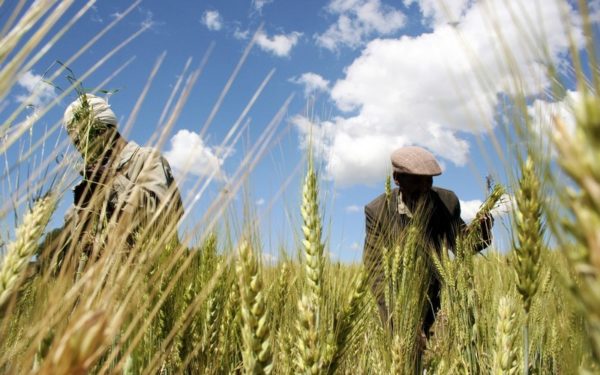In a report, the African Plan Nutrition Institute explains that innovation helps meet the challenges of food security, climate change, the sustainability of natural resources and improved livelihoods. And to add that the rational use of fertilizers is not enough by itself: ‘We must act rationally from start to finish of the agricultural operation. To do this, new technologies, the smartphone with its multiple applications, are necessary for profitable agriculture that respects nature.
The smartphone is a tool that allows information to be exchanged in real time. The innovation is also at the service of other practices such as the optimization of the use of water, the shortage of labor, the management of the cropping system … “.
As for WeFly Agri, this Ivorian company aims to allow farmers to control and manage their activities, including remotely. Thanks to the mobilization of drones and the use of dedicated software, a number of actions can be carried out remotely: interactive mapping, 360-degree plantation monitoring, employee management, data analysis. Finally, data analysis and monitoring allow agriculture to generate maximum yield per plot.
In Morocco, the OCP Group works to strengthen Africa’s research, innovation and decision-making capacities in the face of the challenges of food security and climate change.
In this sense, the OCP Group has set up several programs including the “Center for Soil and Fertilizer Research in Africa”, African Experimental Research Platforms and the “Climate-Intelligent Agriculture” project. Launched in May 2016 and the result of a partnership between Mohammed VI Polytechnic University and the NGO Climate Interactive, the Agriculture Climato-Intelligente project aims to strengthen the capacities of African leaders in the face of climate change and climate negotiations through the dissemination of the World Climate Simulation.
This interactive solution for simulating global climate change offers a decision support tool to support the development of resilient agriculture in Africa and meets a double ambition: to strengthen the capacities of African leaders in the face of climate change and to prepare them for it; participate in climate negotiations; develop a decision support tool integrating the climate-smart agriculture approach in order to reduce greenhouse gas emissions and define the most urgent issues in Africa.



